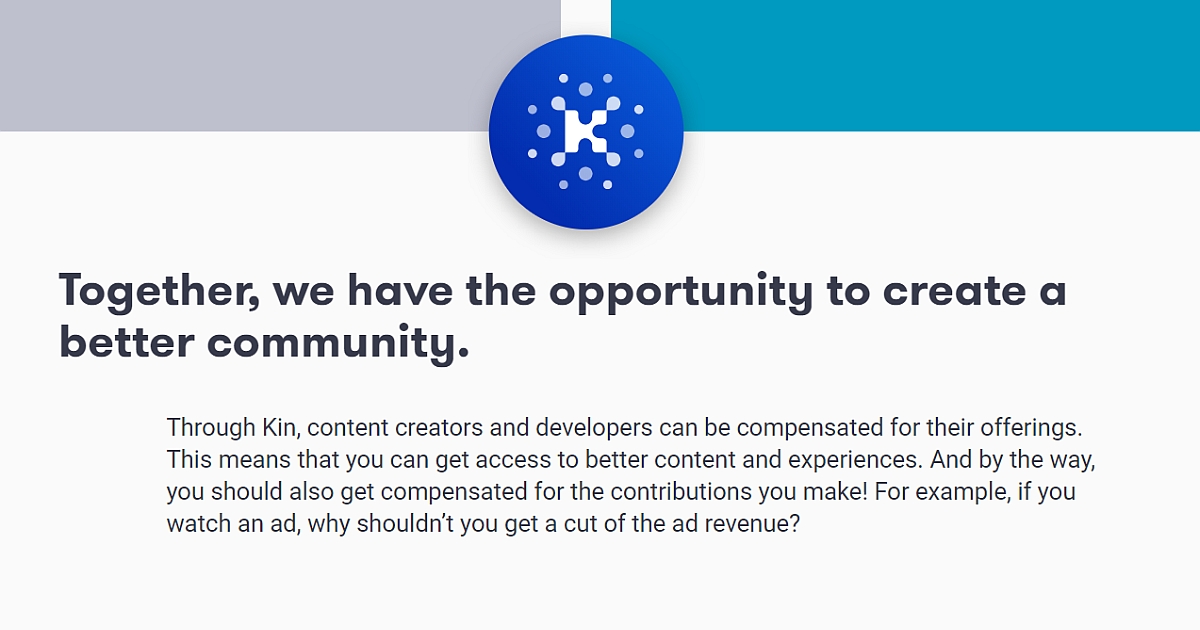According to the numbers, the popular messaging app Kik is a huge success with its 15 million active users per month, and $200 million in an adventurous funding in a very risky step. However, all these great numbers don’t even come close to the 1 billion users of Facebook Messenger or the 940 million users of WeChat’s.
Ted Livingston, the Canadian young founder of Kik, had a goal of making his messenger app the WeChat equivalent in the western part of the world. But that goal was prior to the Canadian youngster realization that it was nearly impossible to achieve that “WeChat” level while competing against giants of the tech world who wouldn’t mind even losing money offering free products that will enable them to seize every bit of users data they could get their hands on.
Kik’s cryptocurrency big adventure
With that dream going further away, Kik took the decision of going in a completely different direction when the messaging app sold about $100 million worth of its newly invented currency, Kin, that is based on the Ethereum blockchain.
The goal this time of this bold move is to try and create a self-sustaining economy for the messaging app that does not depend on advertising anymore. This model, should it prove to be successful, would start a new era of funding models world where start-ups are no longer obligated to depend on VC cash. It would also give a chance to millions of users to support the start-ups they believe in and help funding them.
Ted Livingston is known for his famous talent for predicting the upcoming trends of the tech world. Such a talent is basically what kept Kik Messenger alive and floating until now in face of his fierce competitors like Facebook and Whatsapp. Kik’s platform grew since its 2009 role as a streaming music service for Blackberry phones, and evolved into the first messaging app that allows its blackberry users to chat with their IPhone-owner friends, then became the first chatting apps that enabled companies to create their own bots on its platform. Then Livingston realized the fact that chatting apps are going to become a central app of organizing the users’ digital lives, so, he started allowing third-party developers to develop mini apps that operates within Kik’s chat experience.
Livingston knew that Kik’s current funding model was no longer valid the day he found out that the user growth of Snapchat, investors’ favorite child in the messenger yard, was leveling off after Instagram introduced its Stories feature. Livingston saw that in a world where giants like Facebook and Google rule, there had to be a new business model for start-ups to have a chance of surviving.

